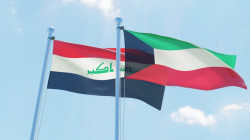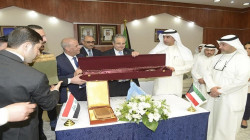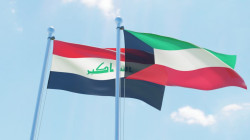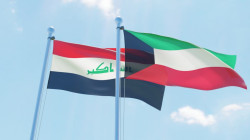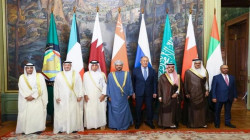Iraq ranks 2nd among Arab countries importing non-oil products from Kuwait in 2023
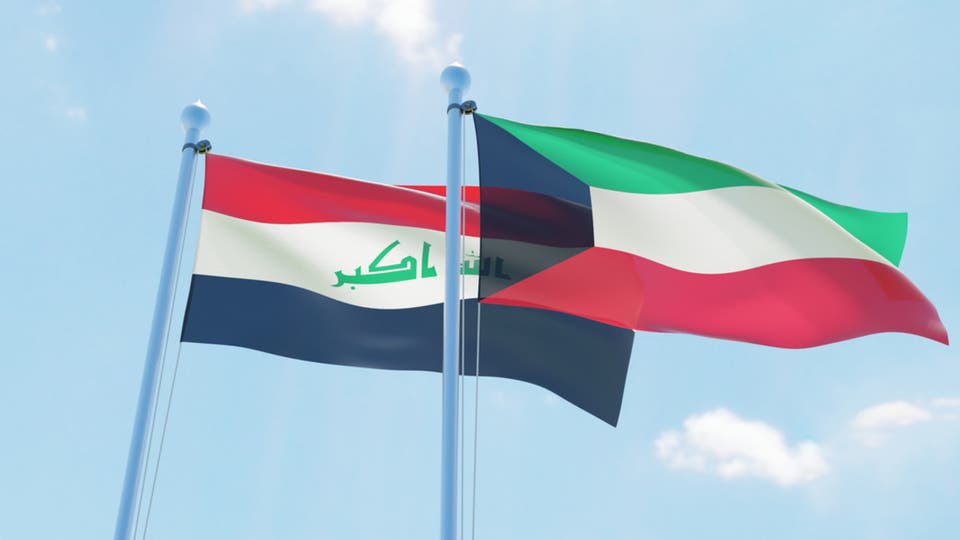
Shafaq News / According to data from the Kuwaiti Ministry of Commerce and Industry, the total value of Kuwait's non-oil exports declined by 29.1% last year, amounting to 237.822 million Kuwaiti Dinars (Kuwaiti Dinar is 3.25 dollars), compared to the previous year's exports of 386.3 million Kuwaiti Dinars.
Based on trade data, Kuwait exports its non-oil industrial products to six groups of countries, including Gulf, Arab, European, African, Asian, Australian, and American countries.
Gulf countries accounted for the majority of Kuwait's exports in 2023, with a share of 62.4% totaling 171.01 million Dinars.
They were followed by Arab countries (Egypt, Iraq, Jordan, Lebanon, Palestine, Algeria, Morocco, Syria, Libya, and Yemen) with a share of 34.09%, amounting to 93.34 million Dinars.
European countries accounted for 2.8% of the exports, approximately 7.7 million Dinars, while American countries accounted for 0.3% with a value of 847 thousand Dinars.
African countries represented 0.2% with 524 thousand Dinars, and finally, Asian countries and Australia accounted for 0.11% with a value of 319 thousand Dinars.
Kuwait's non-oil exports play a significant role in diversifying the country's economy, reducing its dependence on oil revenues, and promoting sustainable economic growth.
While oil remains the backbone of Kuwait's economy, the government has long recognized the importance of developing other sectors to ensure long-term prosperity and stability.
Non-oil exports encompass a range of products and services, including petrochemicals, fertilizers, chemicals, plastics, machinery, equipment, food products, and services such as transportation, logistics, and financial services.
Kuwait's strategic location at the crossroads of major trade routes has facilitated its trade activities, providing access to regional and international markets.
The country's membership in various trade agreements and organizations, such as the Gulf Cooperation Council (GCC) and the World Trade Organization (WTO), has also contributed to its export capabilities.
The government of Kuwait has implemented several initiatives to support and promote non-oil exports, including investment in infrastructure, technology, and human capital.
Additionally, initiatives aimed at enhancing the business environment, facilitating trade procedures, and providing financial assistance to exporters have been put in place to stimulate export growth.
